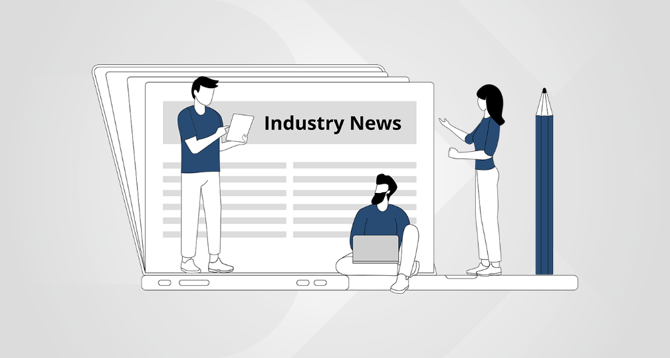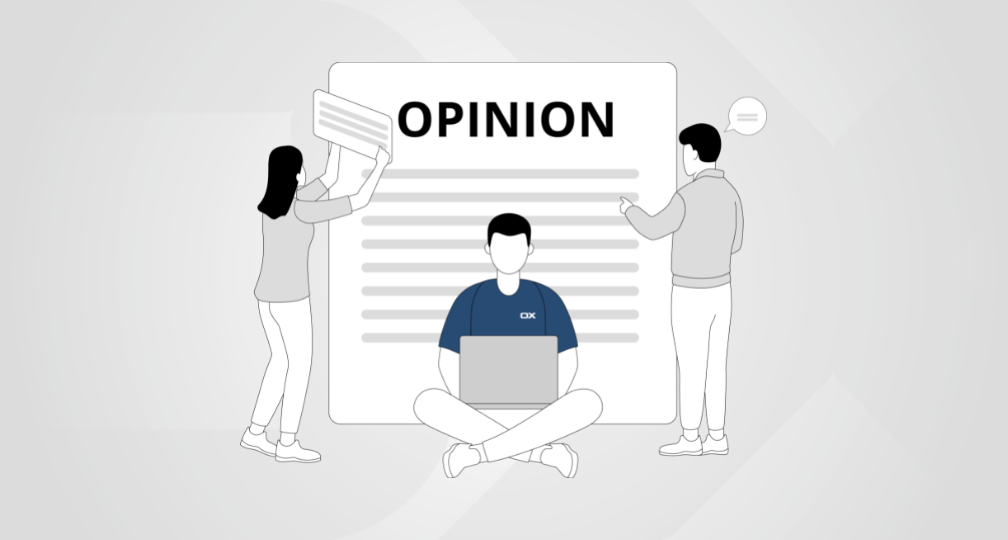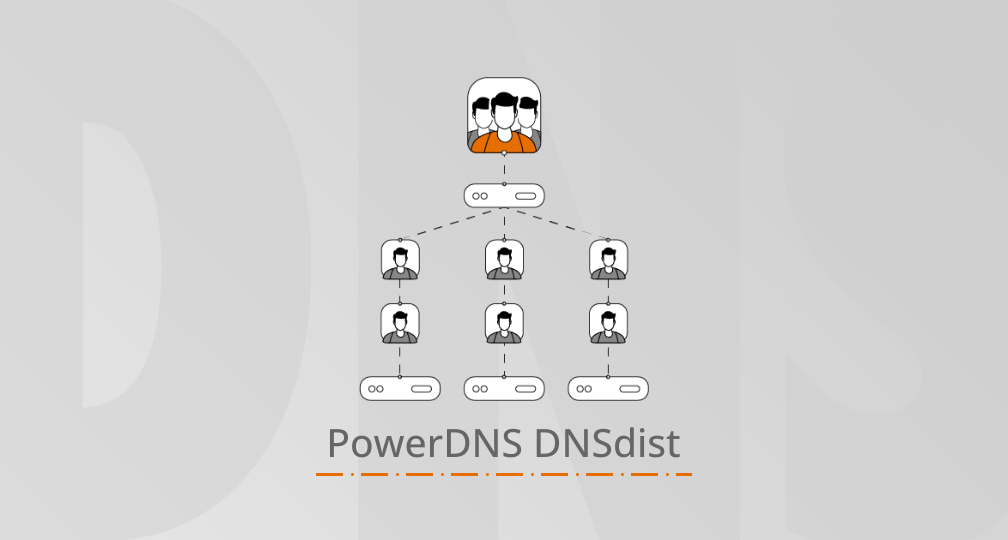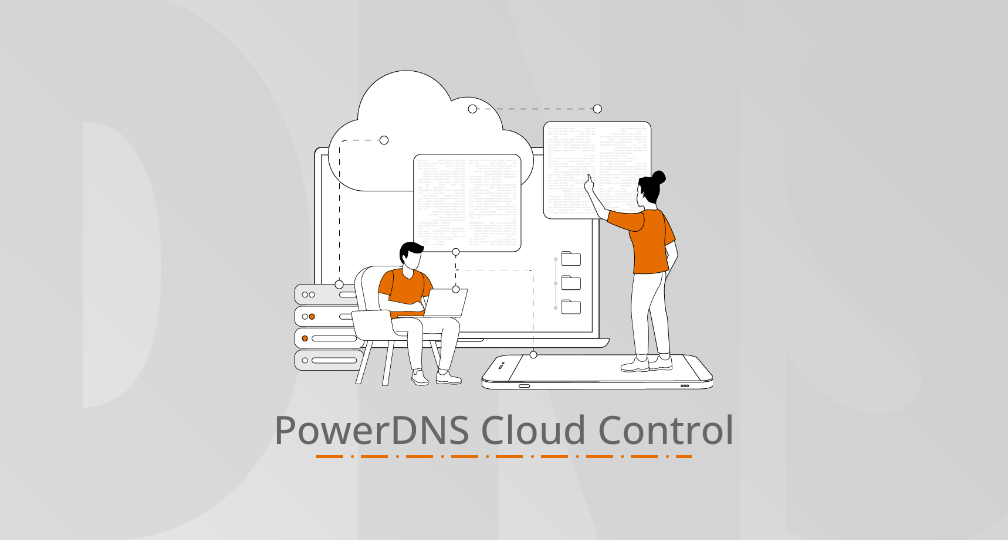
Last week, Facebook announced that it will soon launch its “clear history” tool. The function, which was first announced publicly at the peak of the Cambridge Analytica debacle, will reportedly allow users to see the information held by Facebook that comes from the apps and websites they've interacted with. This tool will then give users the ability to delete this from their Facebook accounts if they wish to do so.
At face value, this is a hugely positive step as up until now, Facebook has been something of a ‘Hotel California’ platform. With platforms like Facebook, you create your account, use your account, and in doing so, you share your data as a currency to navigate through the different features - without ever really knowing what goes on behind the scenes. So in theory, you could check-in and use their services for free, but could never really leave, as your log data would (up until now) have always been kept on a server in Menlo Park, as reported over the past year.
However, it is somewhat refreshing to see Facebook determined to finally launch the new tool, even if this move could hurt ad revenues, and limit their technological ability to target ads. Why? Because users just don’t like their data being flung around like a tennis ball by advertisers anymore. Even if this is a positive first step, it doesn’t change the fact that it’s been long overdue, while there is also a degree of obscurity as to what data will actually be ‘cleared’, which is the obvious next step for them as they look to rebuild user trust.
Rebuilding much-needed trust will require consistency and ongoing commitment towards delivering on the rightfully high expectations of users. What users need is free, open, easy and safe social media platforms, which will allow them to have visibility over how their data is used. This transparency can be achieved through a fully open source-based model, to truly re-establish trust with users and build a sustainable business model in the long run.





